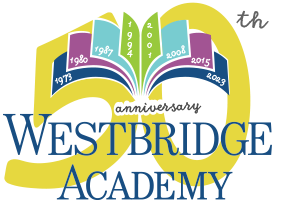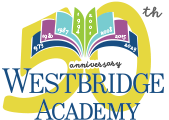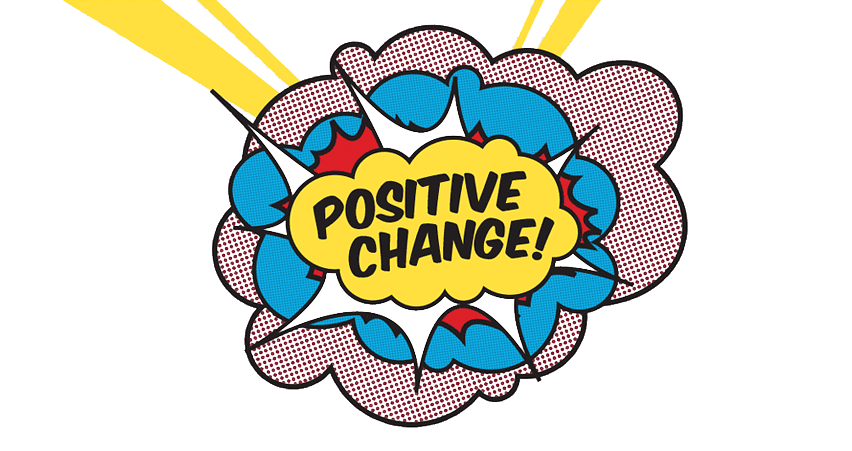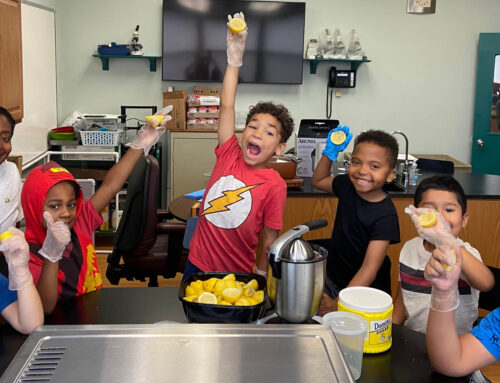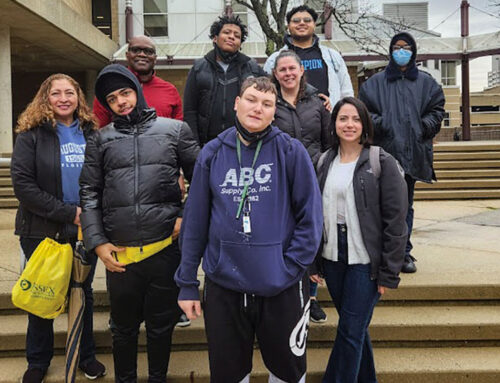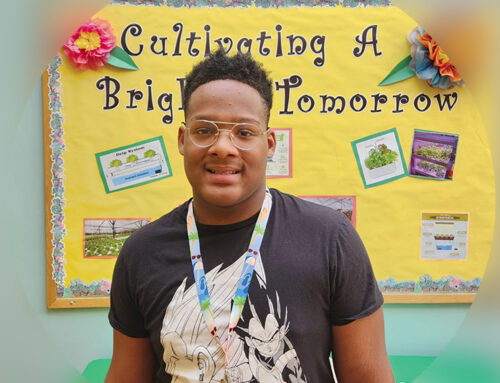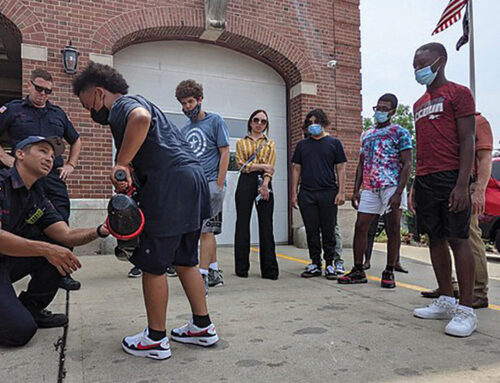There is a lot of buzz these days about Social and Emotional Learning (SEL). Just what is SEL and how does student discipline fit in?
CASEL, the Collaborative for Academic, Social and Emotional Learning, defines SEL as “the process through which children and adults understand and manage emotions, set and achieve positive goals, feel and show empathy for others, establish and maintain positive relationships, and make responsible decisions.”
5 Core Components of SEL
- self-awareness
- self-management
- responsible decision-making
- relationship skills
- social awareness
With its value in the workforce, a growth-oriented mindset could conceivably take one of our students from solving a complex conflict occurring at the school to solving a complex political or environmental conflict in their community or career.
An important but sometimes overlooked aspect of SEL is student discipline. Educators tend to think of discipline as focused on compliance, order and rules. Sometimes, discipline suggests punishment designed to correct disobedience. But discipline is also about teaching skills rooted in SEL – skills like self-control and self-management. In fact, the Latin word disciplina means “teaching, learning.”
When looking at school discipline through the lens of SEL, educators have to ask… “Is our school’s approach to discipline aimed at teaching, or is it rooted in punitive models founded on negative consequences, suspension from services, or even harsher punishment?”
Classroom and school-wide approaches to student discipline can be intentionally shifted toward the development of SEL skills.
While our students are fully accountable for their actions, we take proactive steps to be sure that they have the prerequisite skills to understand cause and effect, and teach them the self-regulatory ‘tool kit’ they need to follow rules and school norms.
Our schoolwide approaches to discipline reflect our deep understanding that students often communicate their needs through behavior. Our policies and procedures reinforce SEL and support stronger relationships, student engagement, and equitable outcomes.
It is not enough to simply reduce or eliminate a student’s behavior issue. Our goal is always to teach social and emotional competencies that will last a lifetime.”
